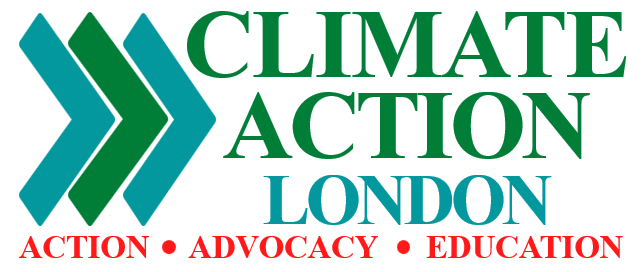Land Back
-
Nunavit - Returning Indigenous Land
Read this article about how governments are working together with Indigenous communities to protect land.
-
First Nation Adapt Program
https://indigenousclimatehub.ca/first-nation-adapt-program/
The program works with First Nation communities to identify region-specific priorities, impacts, and opportunities for climate change projects. The program prioritizes First Nation communities most impacted by climate change related to sea level rise, flooding, forest fires, drought, fisheries and winter road failures. These disruptive and costly impacts present significant challenges to meeting First Nation communities’ infrastructure needs.
-
Indigenous Community-Based Climate Monitoring Program
https://indigenousclimatehub.ca/indigenous-community-based-climate-monitoring-program/
The program provides funding to support Indigenous peoples in the design, implementation, or expansion of long-term community-based climate monitoring projects. Specifically, the program supports community-led projects to monitor climate and the environmental effects of climate change on traditional lands and waters.
-
Canada’s Climate Change and Health Adaptation Program
Indigenous Services Canada’s Climate Change and Health Adaptation Program (CCHAP) for First Nations South of 60° supports First Nation communities to address the health impacts of climate change through building capacity, developing research skills, and creating health-related adaptation plans and communication materials.
https://indigenousclimatehub.ca/climate-change-and-health-adaptation-program/
-
Bill C-262 and harmony with Indigenous Rights
On March 18, 2019, the UBCIC issued an open letter calling on each Senator of Canada to pass Bill C-262, An Act to ensure that the laws of Canada are in harmony with the United Nations Declaration on the Rights of Indigenous Peoples, without delay.
The UBCIC is calling upon our members, allies, supporters and friends to issue a similar letter of support. We need to demonstrate to Canada’s Senators that we will not stand idly by while Canada delays the recognition and implementation of the human rights of Indigenous peopleshttps://www.ubcic.bc.ca/take-action
-
Indigenous Land-based Learning: A Way to Take Action on Climate Change
https://indigenousclimatehub.ca/2020/09/indigenous-land-based-learning-a-way-to-take-action-on-climate-change/
As young people and the young-at-heart go back to school this fall, it is good to revisit how Indigenous land-based learning is a way to take action on climate change. The impact of COVID-19 on society has also shed light on the importance of outdoor education.
-
The need for Indigenous voices at the forefront of climate action
https://www.climatechangenews.com/2019/11/28/indigenous-communities-forefront-climate-resilience/
Deranger believes that Indigenous knowledge must be at the centre of the climate action discussion. “Many of the richest biodiverse regions are protected largely in part because of the resistance by Indigenous communities to those regions,”
